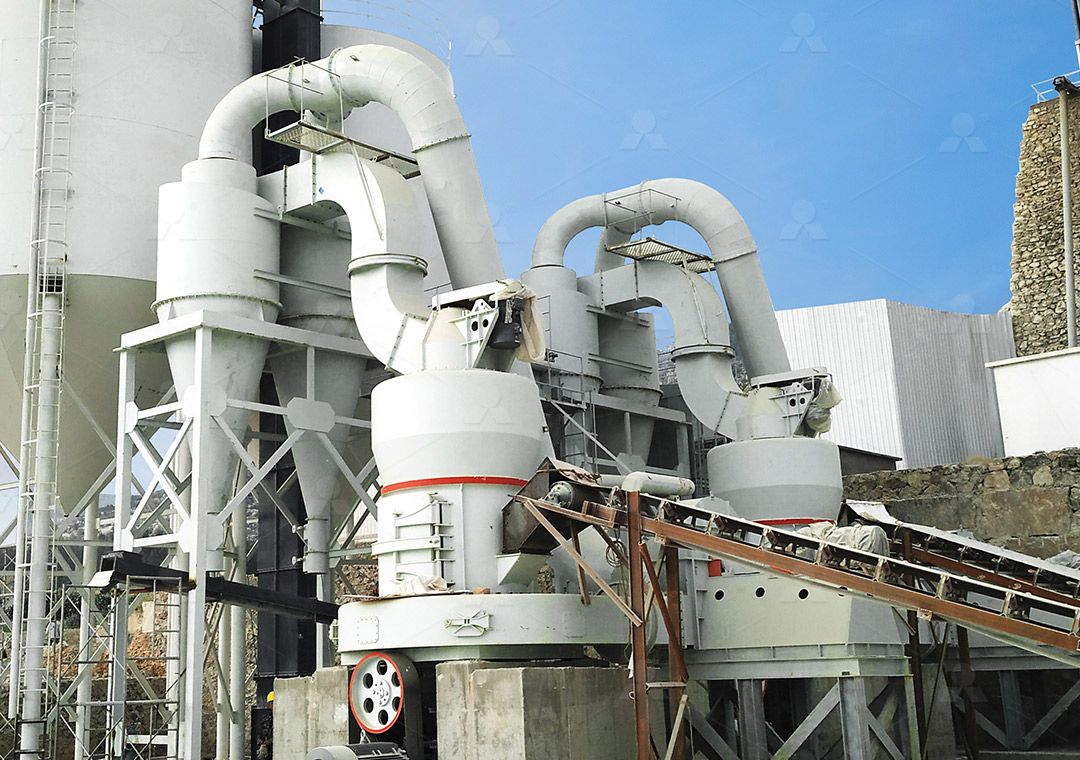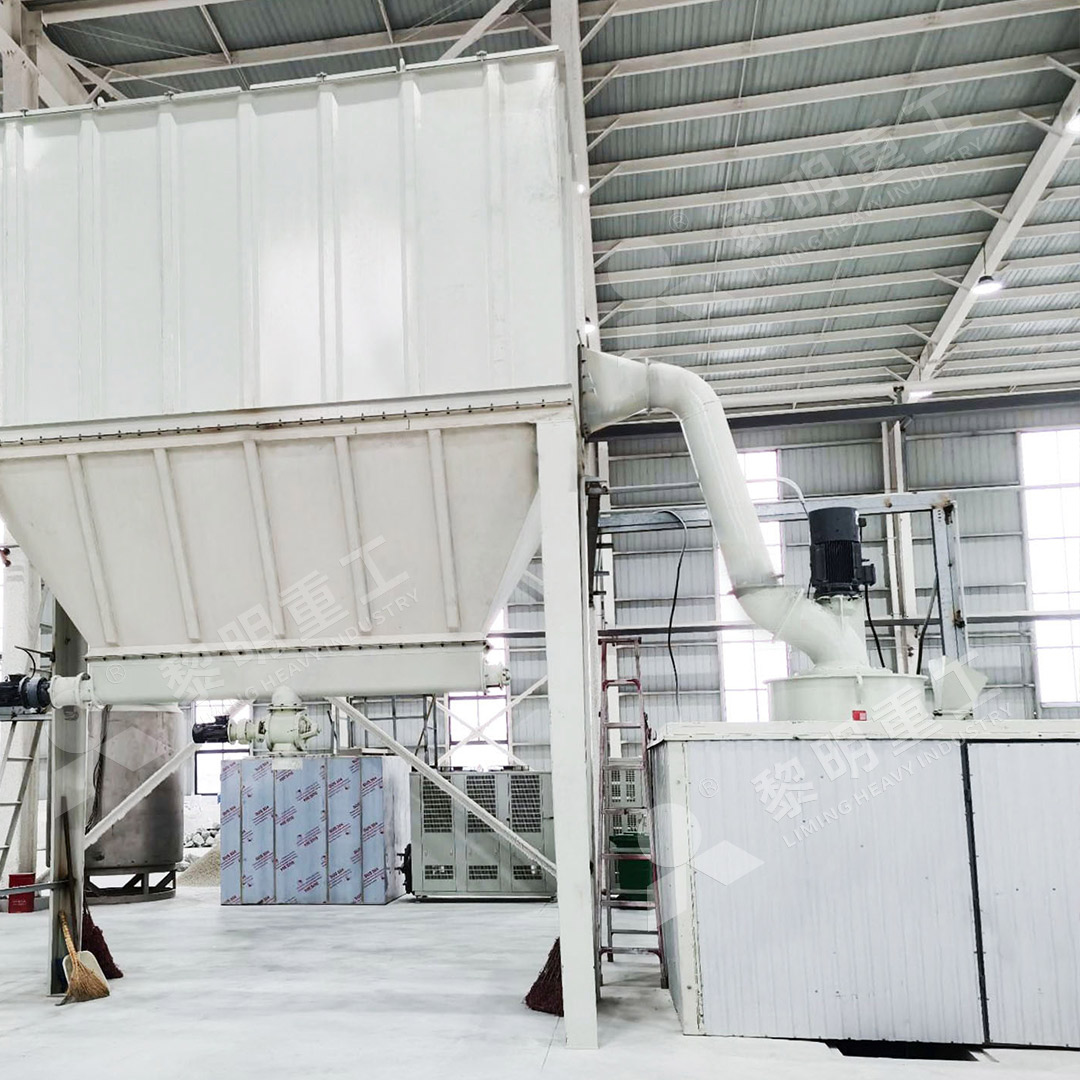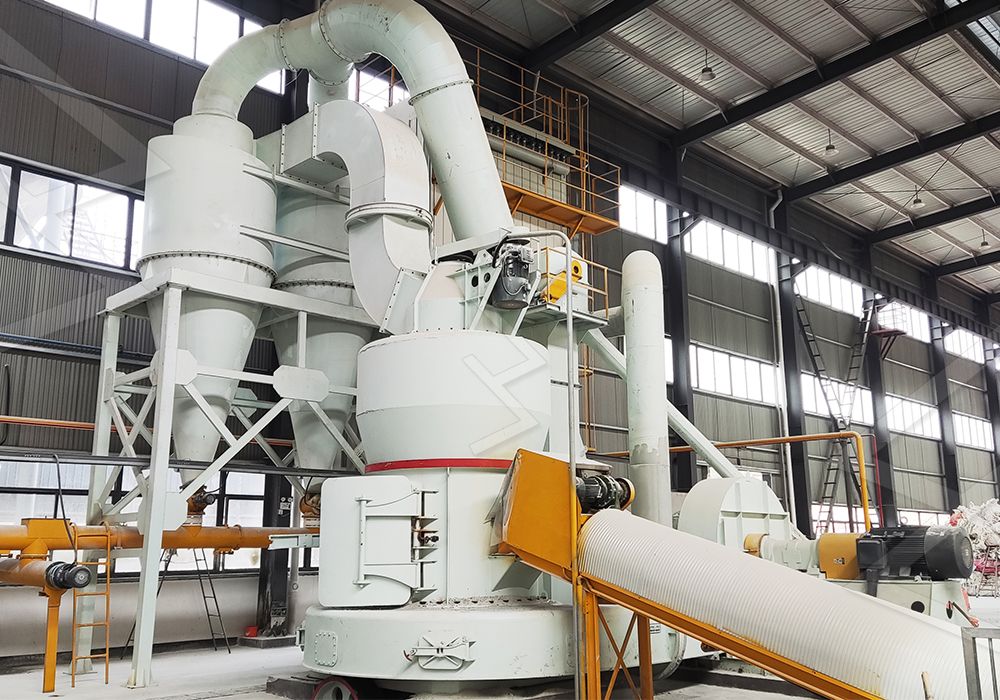Raymond Mill for 100 Mesh Powder: Complete Guide and Price
We provide a wide range of mills — including Raymond mill, trapezoidal mill, vertical mill, ultrafine mill, and ball mill, obtained ISO9001 international quality certification, EU CE certification, and Customs Union CU-TR certification. Suitable for processing minerals such as limestone, phosphate, quicklime, kaolin, talc, barite, bentonite, calcium carbonate, dolomite, coal, gypsum, clay, carbon black, slag, cement raw materials, cement clinker, and more.
The discharge range of these mills can be adjusted to meet specific processing needs, typically from 80-400 mesh, 600-3250 mesh, and can achieve the finest particle size of up to 6000 mesh(D50).
If you are looking for a reliable grinding solution to turn stone or minerals into fine powder, please feel free to contact our online customer service.
Raymond Mill for 100 Mesh Powder: Complete Guide and Price
When it comes to producing fine powders in the 100 mesh range, Raymond Mill has been a trusted workhorse in mineral processing operations for decades. This reliable grinding technology continues to deliver consistent performance for medium-fine powder production across various industries.

Understanding 100 Mesh Powder Requirements
The 100 mesh specification (approximately 150 microns) represents a crucial fineness level for many industrial applications. This medium-fine powder size is particularly important in construction materials, chemical additives, and mineral processing where specific particle distribution affects product performance. Achieving consistent 100 mesh output requires precise control over grinding parameters and equipment selection.
Traditional Raymond Mill systems excel in this fineness range, offering reliable operation with relatively low energy consumption compared to ultra-fine grinding alternatives. The technology’s simplicity and robust construction make it particularly suitable for operations requiring steady production of 100 mesh materials without the complexity of more advanced grinding systems.
Modern Alternatives for Enhanced Performance
While Raymond Mill remains effective for 100 mesh production, technological advancements have introduced more efficient alternatives. For operations requiring higher capacity or considering future expansion into finer powder ranges, modern grinding technologies offer significant advantages.

Our MW Ultrafine Grinding Mill represents a significant leap forward in grinding technology. With an input size capability of 0-20 mm and capacity ranging from 0.5-25 tph, this advanced system delivers exceptional performance for operations targeting 100 mesh powder and beyond. The MW series incorporates German powder separation technology, allowing precise control over final product fineness while achieving 40% higher production capacity compared to jet mills and double the output of ball mills.
What sets the MW Ultrafine Grinding Mill apart is its innovative design that eliminates rolling bearings and screws within the grinding chamber. This revolutionary approach prevents common failure points and enables continuous 24-hour operation without lubrication shutdowns. The integrated pulse dust collector and muffler system ensures environmentally compliant operation, addressing both dust and noise concerns effectively.
Selecting the Right Equipment for Your Operation
Choosing between traditional Raymond Mill and advanced alternatives like the MW Ultrafine Grinding Mill depends on several factors. Consider your current and future production requirements, operational costs, and product quality specifications. While Raymond Mill offers lower initial investment, modern systems provide better energy efficiency and operational flexibility.
For operations focused exclusively on 100 mesh production with limited expansion plans, Raymond Mill remains a cost-effective solution. However, for facilities anticipating future needs for finer powders or higher throughput, the MW Ultrafine Grinding Mill’s adjustable fineness range from 325-2500 meshes provides crucial flexibility.

Investment Considerations and Operational Costs
The pricing for 100 mesh grinding systems varies significantly based on capacity, automation level, and ancillary equipment. Traditional Raymond Mill installations typically represent the most budget-friendly option, while advanced systems like the MW Ultrafine Grinding Mill command higher initial investment but deliver superior operational economics through reduced energy consumption and maintenance requirements.
Beyond equipment costs, consider installation expenses, operational training, and long-term maintenance. Modern grinding systems often incorporate digital monitoring and control features that reduce operational complexity and improve consistency. The MW series, for instance, features numerical control machining for high-precision components and comprehensive spare parts support for worry-free operation.
Frequently Asked Questions
What is the typical production capacity for 100 mesh powder using Raymond Mill?
Standard Raymond Mill systems typically achieve 0.6-5 tph for 100 mesh powder production, depending on material characteristics and system configuration.
How does the MW Ultrafine Grinding Mill compare to traditional Raymond Mill for 100 mesh production?
The MW Ultrafine Grinding Mill offers approximately 40% higher capacity with 30% lower energy consumption compared to traditional systems while providing the flexibility to produce finer powders when needed.
What materials are suitable for 100 mesh grinding with these systems?
Both systems handle various non-metallic minerals including limestone, calcite, dolomite, gypsum, barite, talc, and similar materials with hardness below 9 Mohs.
How significant are the environmental benefits of modern grinding systems?
Advanced systems like the MW Ultrafine Grinding Mill feature integrated pulse dust collectors and noise reduction technology, typically reducing dust emissions and noise levels by 70-80% compared to basic configurations.
What is the typical lead time for equipment delivery and installation?
Standard systems typically ship within 4-6 weeks after order confirmation, with installation and commissioning requiring an additional 2-3 weeks depending on site preparation.
